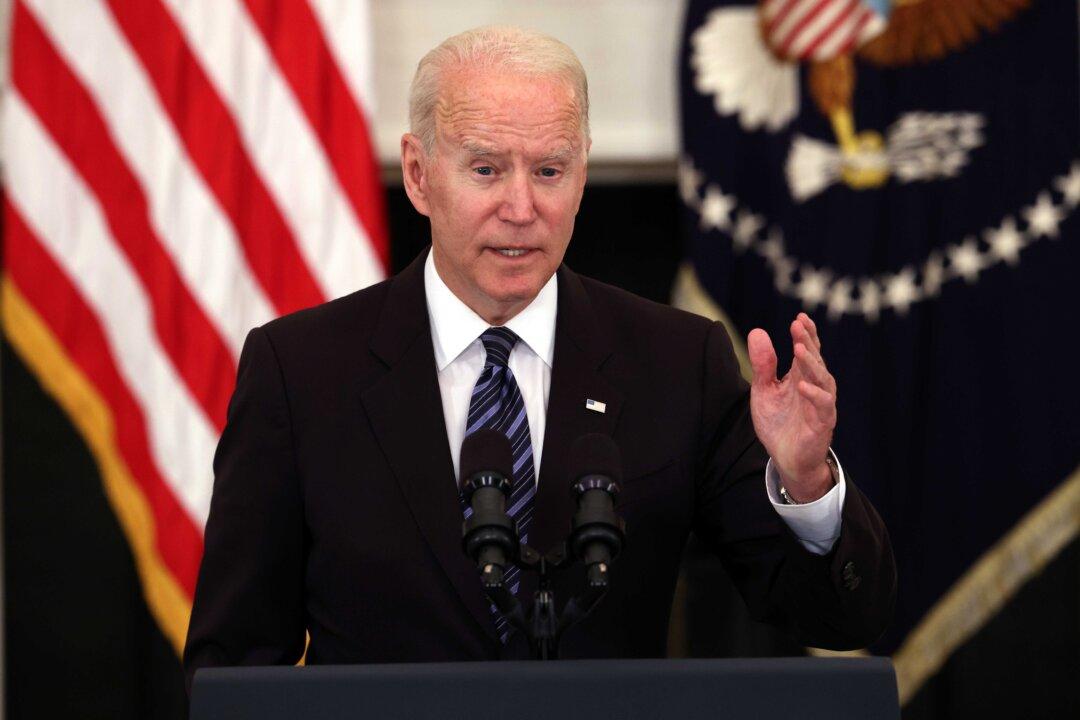President Joe Biden walked back the implied threat of a veto on his bipartisan infrastructure deal amid pushback from Republican lawmakers who accused him of reneging on his promise.
In a statement released by the White House, Biden said that he “understandably upset some Republicans” when he told reporters he‘d only sign the $1.2 trillion infrastructure deal if Congress passes another multitrillion-dollar deal known as the American Families Plan, which is backed only by Democrats. Biden made the comments about the American Families Plan just hours after he appeared alongside a bipartisan group of senators at the White House and announced they’d struck a deal.





